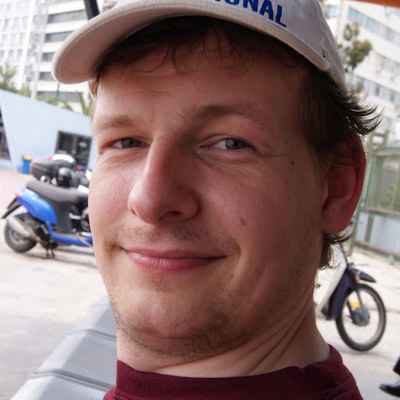
Rolf Huisman
Info Support , Software Development Enablement Engineer
Actions
Rolf works as an application lifecycle management (ALM), DevOps, and Continuous Delivery (CD) consultant at Info Support. His main focus is using the Microsoft Technologies (e.g. Visual Studio, TFS, Release Management, Azure, Azure Stack, MTM) to improve and accelerate software development and the delivery of added value. His personal interests include analog electronics, security and discrete mathematics.
Links
Designing and programming a Bitcoin Miner using Microsoft Q#
In the news quantum computers are all the latest rage. While the quantum computers we have today are still research topics and limited to toy examples, it's still a clear vision of what our future will hold. To aid in the development and understanding of quantum protocols, quantum algorithms, quantum error correction, and quantum devices, Quantum Architectures and Computation Group (QuArC) has developed new language Q#. Q# in combination with the SDK facilitates the .Net framework with the necessary implementations and structures to specify quantum circuits which allow developers to emulate or can run a quantum computer as a virtual coprocessor. So lets use this to b uild a Bitcoin miner.
Extreme shift left, the consequense of bringing "as code" for everything
Many companies are talking about the "shift left" approach where many of the requirements and testing are pulled away from operations (so called; right) and brought to the left (requirements, source code). While there are a lot of "as code" possibilities; ATTD, Infrastructure as code, configuration as code and of source source code ;), one can also start to think about risk as code, security controls as code, policy as code, AI as code, architecture as code. So what happens if you do that in a company. What things change and what remains the same.
Supporting a Quantum Computing Bitcoin Miner Devops team
A while ago I said to my client; "If you want to build a Bitcoin miner on a Quantum Computer, we can support that in the CD pipeline"... well let's say that client didn't believe it. But lets show that one can do this with existing tooling you already own and use.
Leveraging Microservices to integrate Q# Quantum Computing in your landscape
With the language of Q#, Microsoft allows programs to write for quantum computers. But how do you integrate these new concepts and capabilities in your existing applications and landscapes ? In this session you will see some experiences of bringing the power of Q# and some other experimental technologies to your application by leveraging microservice architecture like patterns.

Rolf Huisman
Info Support , Software Development Enablement Engineer
Links
Actions
Please note that Sessionize is not responsible for the accuracy or validity of the data provided by speakers. If you suspect this profile to be fake or spam, please let us know.
Jump to top